Closed Systems
A closed system is a type of system in which neither matter nor energy can enter or leave the system. This means that the total amount of matter and energy within the system remains constant over time. Closed systems are commonly studied in the fields of physics, chemistry, and environmental science.
Characteristics of Closed Systems
- No exchange of matter: In a closed system, there is no transfer of matter into or out of the system. This means that the total mass of the system remains constant.
- No exchange of energy: Similarly, there is no transfer of energy into or out of the system. The total energy within the system is fixed.
- Constant properties: The properties of a closed system, such as temperature, pressure, and volume, remain constant as long as the system is isolated from its surroundings.
Examples of Closed Systems
Some common examples of closed systems include a sealed thermos, a sealed terrarium, and a sealed chemical reaction vessel. These systems are designed to minimize the exchange of matter and energy with the surrounding environment, allowing for controlled experiments and observations.
Study Guide for Closed Systems
When studying closed systems, it's important to understand the following key concepts:
- Conservation of matter: Closed systems obey the principle of conservation of matter, which states that the total mass of a closed system remains constant over time.
- Conservation of energy: Closed systems also adhere to the principle of conservation of energy, meaning that the total energy within the system remains unchanged.
- Equilibrium: Closed systems can reach a state of equilibrium, where the properties of the system remain constant over time.
- Practical applications: Understand the practical applications of closed systems in various scientific fields, such as in chemical reactions, environmental monitoring, and thermodynamics.
By grasping these fundamental concepts, you'll be well-equipped to analyze and interpret closed systems in scientific contexts.
Good luck with your studies!
.◂Science Worksheets and Study Guides Seventh Grade. Cell Reproduction
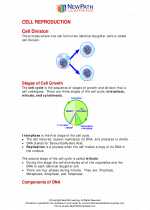
 Activity Lesson
Activity Lesson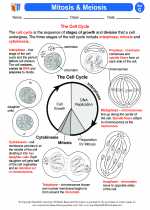
 Worksheet/Answer key
Worksheet/Answer key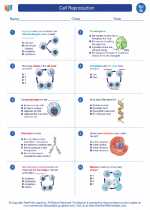
 Worksheet/Answer key
Worksheet/Answer key
 Worksheet/Answer key
Worksheet/Answer key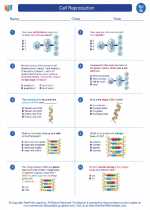
 Vocabulary/Answer key
Vocabulary/Answer key
 Vocabulary/Answer key
Vocabulary/Answer key
 Vocabulary/Answer key
Vocabulary/Answer key
 Vocabulary/Answer key
Vocabulary/Answer key
 Vocabulary/Answer key
Vocabulary/Answer key
 Vocabulary/Answer key
Vocabulary/Answer key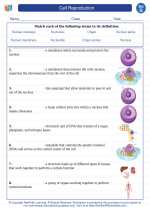
 Vocabulary/Answer key
Vocabulary/Answer key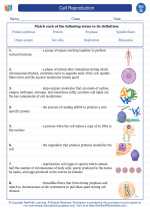
 Vocabulary/Answer key
Vocabulary/Answer key
